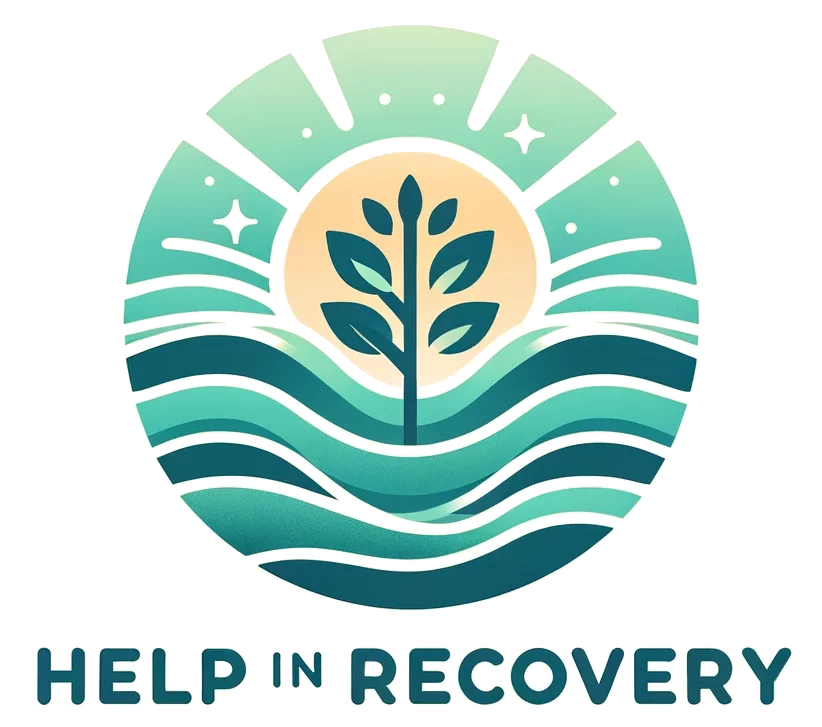Your Roadmap to Finding the Perfect Recovery Coach
Choosing a recovery coach is a big step in getting better. Choosing someone who understands you and your path to recovery is essential. If you’re not sure where to start, don’t worry. We’re here to help guide you. This article will show you how to find the right coach. We’ll discuss what to look for and how to make a good choice. To learn more, read our leading guide on Recovery Coaching.
Key Takeaways
| Aspect | Key Points |
|---|---|
| Understanding Your Needs | – Identify recovery goals and support needs. |
| Researching Coaches | – Find coaches through various channels; check qualifications. |
| Qualities to Look For | – Seek understanding, communication skills, empathy. |
| References and Testimonials | – Review feedback from past clients. |
| Meeting Coaches | – Assess comfort and connection; trust your instincts. |
| Making the Decision | – Weigh factors, trust instincts, and finalise choice. |
| Building Partnership | – Establish communication, align goals, and build trust. |
| Evaluating Progress | – Set and review milestones, track changes, and revisit goals. |
| Long-Term Relationship | – Maintain consistent engagement and adapt to changes. |
| Conclusion | – A collaborative, evolving relationship fosters recovery success. |
Understanding What You Need When Choosing A Recovery Coach
Knowing Your Recovery Goals
- Identify your main goals for recovery.
- Consider the specific areas you want to improve.
Assessing Your Support Needs
- Determine the level of support you require.
- Decide how often you want to communicate with your coach.
Consider Your Personal Preferences
- Reflect on whether you prefer someone with personal recovery experience or professional training.
- Think about the personality traits that make you feel comfortable.
Matching with Your Lifestyle
- Choose between online or in-person coaching based on your schedule.
- Look for a coach who aligns with your daily routine.

Researching Potential Coaches
Where to Find Coaches
- Local recovery centres or online platforms.
- Recommendations from friends, family, or healthcare professionals.
Checking Their Qualifications
- Ensure they have relevant training and certifications.
- Look for specialized courses in recovery coaching.
Experience Matters
- Prioritize coaches with extensive experience.
- Consider coaches with personal recovery experience.
Essential Qualities to Look For When Choosing A Recovery Coach
Understanding Recovery Deeply
- Knowledge of the recovery process and challenges.
- Ability to provide practical strategies for overcoming obstacles.
Good at Talking and Listening
- Strong communication skills.
- Empathetic listening and straightforward advice.
Kind and Understanding
- Empathy and non-judgmental support.
- A compassionate approach to coaching.
Checking References and Testimonials
What Others Say
- Look for positive reviews or feedback.
- Ask the coach for references from past clients.
Real Stories
- Read testimonials to gauge the coach’s impact.
- Understand the experiences of previous clients.
Meeting Coaches
First Impressions Count
- Observe your comfort level during the initial meeting.
- Assess your sense of connection with the coach.
Ask Questions
- Inquire about their approach, experience, and methods.
- Discuss how they can specifically help you.
Trust Your Feelings
- Pay attention to your instincts and feelings.
- Choose a coach who inspires confidence and hope.
Conclusion
Taking time to find the right coach is crucial. Focus on understanding your needs, evaluating potential coaches, and trusting your instincts. The right coach should align with your goals, communicate effectively, and support your journey to recovery.
Making the Decision
Choosing the proper recovery coach is a crucial step. Here’s how to confidently make that decision:
Weighing the Factors
- Consider the coach’s qualifications and experience.
- Reflect on how well they understand your specific needs.
- Think about how comfortable you feel with them.
Trusting Your Instincts
- Trust your gut feeling about the coach.
- Choose someone who makes you feel hopeful and understood.
Finalizing Your Choice
- Review all the information you’ve gathered.
- Make a list of pros and cons for each coach you’re considering.
Preparing for the Journey
- Once you’ve chosen a coach, discuss your expectations and goals.
- Set clear guidelines for communication and meetings.
Building a Relationship
- Establish trust and open communication from the start.
- Be honest about your challenges and progress.
Being Open to Change
- Be ready to adapt your approach based on new insights.
- Remember that finding the right coach might take some adjustments.
Conclusion
Making the right choice in selecting a recovery coach is a big decision, but it’s empowering. Take your time, trust your instincts, and choose a coach who resonates with you and your journey. This decision is a crucial step towards a successful recovery.
Building a Partnership with Your Recovery Coach
Cultivating a solid partnership with your recovery coach is critical to your journey. Here are steps to ensure a fruitful collaboration:
Establishing Clear Communication
- Initiate open, honest conversations.
- Define expectations for communication frequency and methods.
Aligning Goals and Strategies
- Jointly set achievable recovery goals.
- Agree on strategies for goal attainment.
Building Mutual Trust
- Share your experiences and hurdles transparently.
- Respect and value the coach’s expertise and guidance.
Regular Assessments and Feedback
- Consistently evaluate your progress.
- Engage in a two-way feedback process.
Adjusting the Approach as Needed
- Stay open to strategy adjustments based on changing needs.
- Embrace flexibility in the coaching process.
Evaluating Progress with Your Coach
Regular evaluation of your journey with your recovery coach is crucial for adequate recovery. Here’s how to assess your progress:
Setting and Reviewing Milestones
- Establish clear, measurable milestones in your recovery plan.
- Periodically review these milestones with your coach.
Tracking Behavioral Changes
- Observe changes in your behaviours and habits.
- Discuss these changes and their impact on your recovery with your coach.
Reflecting on Emotional Well-being
- Assess improvements in your emotional health.
- Share your emotional experiences and growth with your coach.
Revisiting Goals Regularly
- Reevaluate and adjust your recovery goals as needed.
- Ensure your goals remain aligned with your overall recovery plan.
Celebrating Achievements
- Acknowledge and celebrate the progress you’ve made.
- Use achievements as motivation for continued improvement.
Conclusion
Evaluating your progress with your recovery coach helps fine-tune your recovery strategy and ensures you are on the right path. Regular assessments, goal adjustments, and celebrating achievements are critical components of this ongoing process.
Maintaining a Long-Term Relationship with Your Coach
A lasting relationship with your recovery coach can significantly impact your long-term success. Here are strategies to maintain this critical connection:
Consistent Engagement
- Keep regular contact with your coach, even during periods of stability.
- Consistent engagement helps in anticipating and managing potential challenges.
Ongoing Personal Development
- Work on personal growth areas identified with your coach.
- Continuous self-improvement supports long-term recovery goals.
Leveraging Coach’s Experience
- Utilize your coach’s experience for navigating new challenges.
- Their insights can be invaluable for long-term recovery strategies.
Adapting to Life Changes
- Update your coach about significant life changes that may affect your recovery.
- Work together to adapt your recovery plan accordingly.
Conclusion
A long-term relationship with your recovery coach is an investment in your future. Regular communication, ongoing personal development, leveraging experience, and adapting to life changes are crucial to maintaining this beneficial partnership.
Conclusion
Finding and working with the proper recovery coach is a journey that can profoundly influence your path to recovery. From understanding your needs to building a lasting partnership with your coach, each step plays a crucial role in your success. Remember, the ideal coach is someone who understands your goals and supports and guides you through challenges and achievements. Your journey with a recovery coach is more than just a series of meetings; it’s a collaborative, evolving relationship that fosters growth, resilience, and lasting change.







